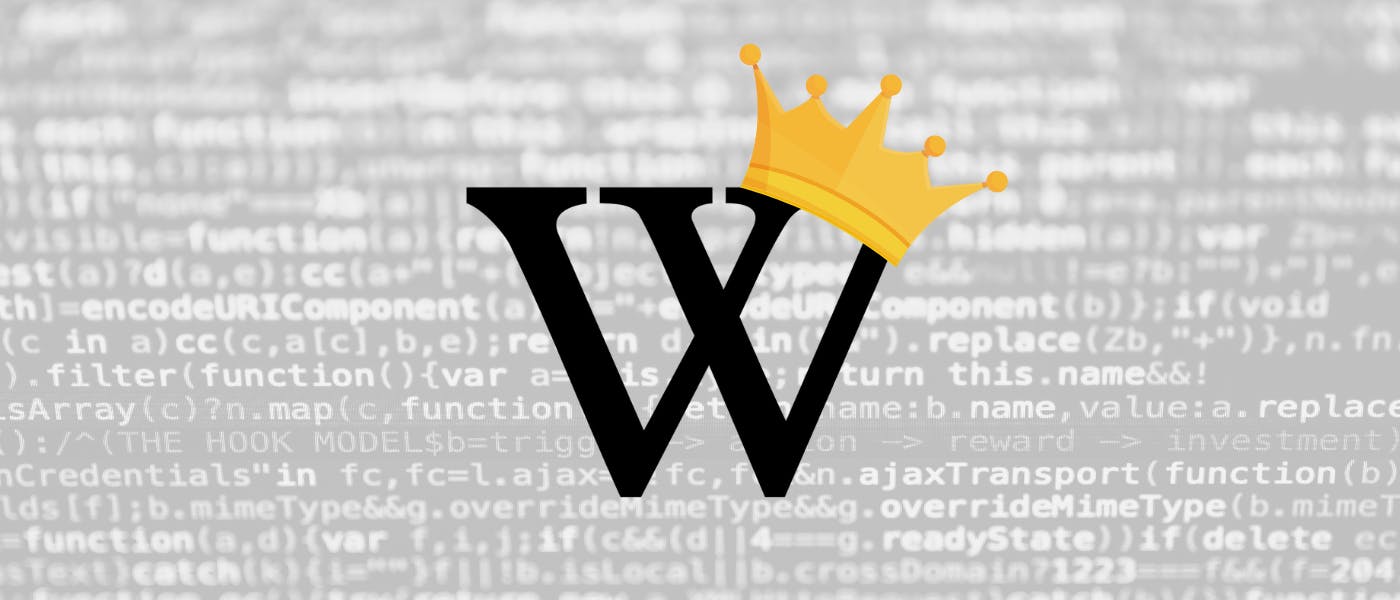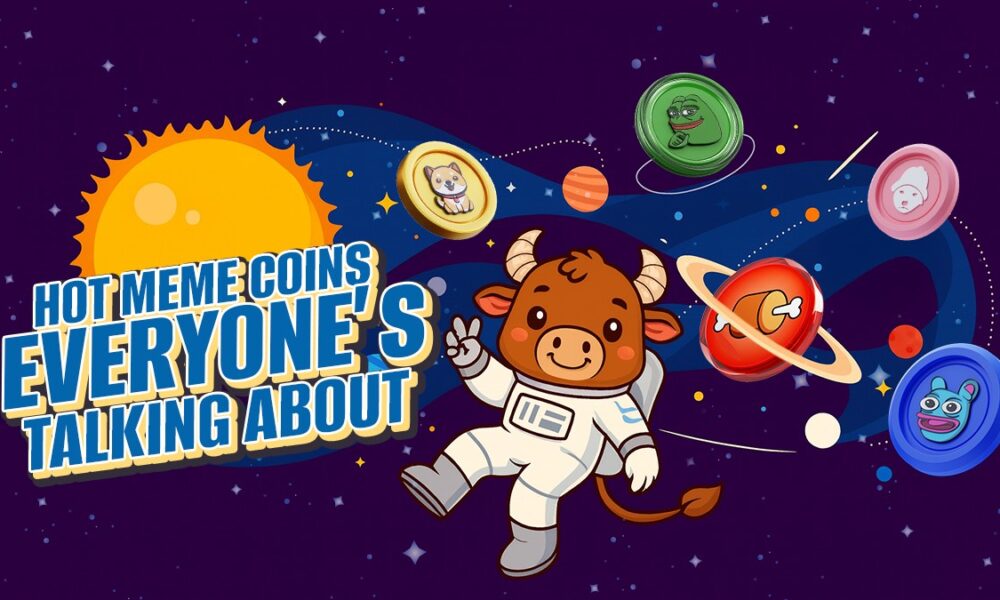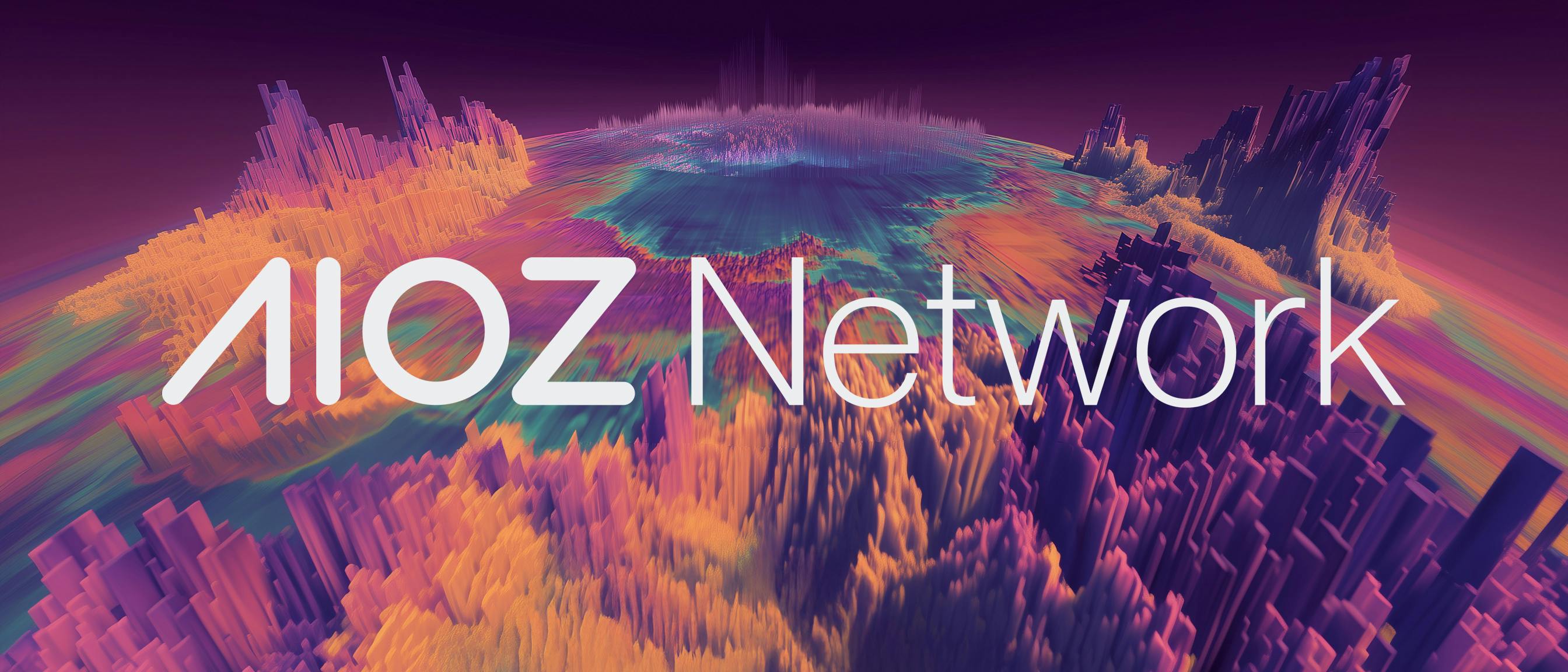Everyone’s obsessed with SEO. With getting cited by Forbes, stuffing keywords, scoring backlinks, E-E-A-T, reviews, and all the other tactical steps that are supposed to make sure you’re found online. But the truth is, the impact of those efforts is nothing compared to the influence of AI’s universally beloved source: Wikipedia.
The internet’s power broker. The most important dataset in the world. And that’s not hyperbole.
Wikipedia has become a foundational block of nearly every large language model you’ve heard of. These language models love its structure, its links, and its citations because it’s (generally) clean, human-moderated, and globally accessible. And, importantly, Wikipedia’s free (unlike those pesky publishers who seek to protect their copyright interests).
It also provides an incredible amount of context, beyond what the pages themselves say about a given subject: LLMs don’t just absorb language from Wikipedia. They absorb taxonomy, relationships, and worldview. They pull from the foundation of every page. They lean on the source of context. It is, simply, where AI learns what something is and why it matters.
That should scare you, even (and perhaps especially) for those who don’t have their own Wikipedia page: because this is what those AI tools are using to grok who you are, what your career background is, or if your work is notable. And if you don’t have your own primary source of truth (in the form of a page), the powers that be will rely on citations, references elsewhere, white papers, or indirect press mentions.
I’ve seen founders whose problem was being mentioned in an early version of a startup page that got cited by a major tech publication, and for that startup to (years later) fail. It was enough for an LLM to believe the headline on their life story was tied to a narrative they had no part in writing.
All of that is to say this: Wikipedia is the only digital strategy that matters in the next few years.
Everything else is nice to have or simple noise.
The Immense Pressure Placed on Wikipedia and Its Defense Systems
It goes without saying that this newfound influence is putting a lot of heat on Wikipedia and its (volunteer) editors.
Remember, Wikipedia is not a sleek Silicon Valley startup with rows of paid moderators. Wikipedia is held together by a few thousand volunteer editors, a patchwork of semi-reliable bots, and the stubborn conviction of a community that still believes truth is worth defending.
Ten edits a second are flying in – some from scholars, some from PR firms, some from trolls, some from well-meaning but clueless newcomers.
Imagine your content team juggling that flood, 24/7, with no margin for error.
And yet, improbably, it has worked.
Wikipedia has built a defense system that reacts faster than most newsrooms: vandalism is reversed in minutes, bots flag obvious abuse, and semi-protection walls off the most targeted pages. The human side is equally formidable: a culture that isn’t polished, isn’t always welcoming, but is absolutely relentless.
That relentlessness – combined with the fact that Wikipedia remains one of the few places online where money can’t simply buy influence – is exactly why it now occupies such a privileged position.
But Will Wikipedia’s Influence Last?
Power always invites pressure. And right now, Wikipedia has more of it than any other site on the internet. The question is whether it can survive it.
There are a few ways this could play out.
In one version of the future, Wikipedia leans into its role as the internet’s backbone. It plugs itself even deeper into AI infrastructure. It builds trust layers into its citations, expands its structured data, and becomes the neutral protocol of truth. Every fact an LLM spits out is traced, cited, and timestamped back to Wikipedia. In this scenario, Wikipedia becomes the operating system for online credibility.
In another version, it collapses under the weight. Editors burn out, bots run amok, and paid editing quietly floods the system. Pages drift, summaries degrade, and the one place AI could reliably anchor itself starts bleeding noise. The hallucinations get worse. Your digital reputation becomes a game of telephone with no adults in the room. (It’s wild to think what this would do to the LLMs we’ve come to rely upon.)
But the more likely outcome is something in between: transformation. Wikipedia evolves from a website into a protocol. A community-powered, version-controlled layer for reality itself. Human editors work alongside AI to maintain accuracy. Every edit is logged, cited, and contextualized. Your digital biography becomes a commit history.
Whether that future turns into something trustworthy – or just another layer of chaos – depends on participation. Wikipedia doesn’t belong to anyone, which means it belongs to whoever shows up.
And if you don’t, the story of who you are and why you matter will be written without you.
How to Make Sure You’re Not Left Behind
Wikipedia doesn’t care about your press hits, your growth hacks, or the puff pieces your PR team placed. Neither do the machines.
What matters is substance. Real contributions. Work that leaves a paper trail in the form of citations, datasets, frameworks, and insights that others actually rely on.
That’s what gets absorbed into Wikipedia and what AI remembers.
Here’s how to play it:
-
Publish something worth citing. Don’t chase headlines, chase footnotes. A blog post full of buzzwords won’t survive the cut. But an original dataset, a novel framework, or a rigorously explained process gets cited. That earns a place in the taxonomy.
-
Share your earned secrets. Every industry has unwritten rules and hard-won insights. Package them into something others can reference: a white paper, a methodology, a study. Wikipedia thrives on unique, verifiable knowledge. Not recycled talking points.
-
Contribute to notable narratives and the greater context. Look for the infrastructure pages where your expertise adds clarity. If you’re building in climate, don’t pitch your startup. Publish research on methane leakage, and it will find its way into the pages AI actually trains on.
-
Play the long game. A single credible citation in 2025 can shape how you’re described in 2030. Think years, not quarters. PR burns off. Citations compound.
-
Watch the adjacencies. Your name might not get a page today. That’s fine. What matters is being referenced in the right places. The timelines, the regulatory debates, the case studies. Get into the story, even if you’re not the headline.
And you don’t really have a choice because, for now, Wikipedia rules everything around me. And all of us.
So, it’s time to start playing by their rules.









